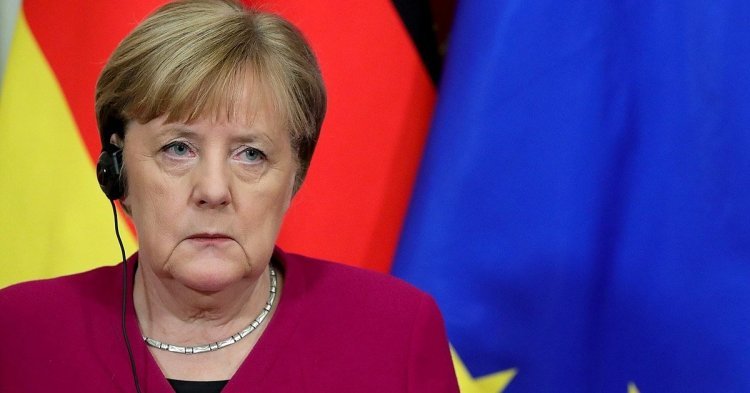Federalist ‘DNA’
The main difference between France and Germany certainly involves the territorial organisation of the two states. Whilst France has been decentralised for almost four decades – though perhaps only a façade – and intends to introduce a principle of territorial “differentiation” into its constitution, Germany is a country of federal tradition. This means that German territorial divisions, principally the sixteen Bundesländer states that make up the country, have very broad and well-defined powers in the Basic Law (the official term for the German Constitution). The Bundesländer also have their own governments, each led by a “Minister President”, a parliament (the Landtag) and representation at federal level, in the Bundesrat, the upper chamber of German parliament (whilst the Bundestag is the lower chamber).
Federalism is not only linked to Germany’s history (its unification only dates back to 1871) but is intrinsically linked to German democracy. The only two contemporary cases of centralism on German soil resulted in failures and appalling authoritarian abuse of power (the Third Reich and the East German communist regime). Furthermore, the official reunification of the two Germanys in October 1990 was preceded by the creation of six Bundesländer in the former GDR (German Democratic Republic or former East Germany), under the Basic Law. The reunification was therefore in no way an “annexation”, contrary to what is sometimes claimed.
An indirect model of democracy
Clearly, the German Basic Law of 1949 is a statute of paramount importance for understanding German democracy. It is, moreover, a model of political stability, given that the Federal Republic of Germany (FRG) and unified Germany have seen only eight chancellors. The culture of consensus and partisan coalitions, sealed by very restrictive “coalition agreements”, are the main reasons for Germany’s good democratic health.
Germany is, however, quite an indirect democracy, as exemplified by the voting system for federal elections. To explain it simply, German voters have not just one, but two votes when deciding the composition of the Bundestag: one to appoint an individual to represent their constituency, (determined by first past the post), and the other to choose a political party, (using proportional representation). Following the vote, all seats to be filled are distributed by proportional representation of the second vote, covering the 299 members of parliament elected in the constituencies. Depending on the results, the number of parliamentarians may even increase.
In the eyes of many observers, this is a very complex, but fair, voting system. This is especially the case as Germany is a country of parliamentary tradition in which the Bundestag plays a very central role. It elects the Chancellor and the President of the Republic, as well as the judges of the Federal Constitutional Court jointly with the Bundesrat.
Another element of indirect democracy concerns the upper chamber, which consists of 69 seats and is distributed according to the demographic weight of the Bundesländer. However, it is not filled with elected senators, but experts on the themes discussed there, somewhat resembling the model provided by the Council of the EU, and rather comparable to the French CESER (Regional Economic, Social and Environmental Councils; advisory bodies present in each French région).
Therefore, Germany has an institutional architecture very different to France’s which is still greatly affected by centralism and the dominating role of the President. While referenda and large consultations involving citizens are used in the French Fifth Republic, they do not exist in Germany.
European integration as a setting for development
France and Germany’s differing roles in the European construction represent a notable contrast between the states. Since the beginning of the integration process at the end of the 1950s, national aims have diverged: whilst France under De Gaulle saw Europe as a means of conserving French power, the young FRG – traumatised by the war and partially sovereign – saw it as a setting for democratic development.
Today, although a number of commentators express their fear of a “German Europe”, it should not be forgotten that Germany is essentially nothing without the European Union (especially from a commercial point of view), and that Berlin has taken a long time to embrace the high level of political leadership appropriate for the continent’s leading economic power.
Without dominating Europe entirely, Germany has been able to intelligently influence the work of the European institutions, unlike France which, due to its contempt for European parliamentarianism, relies almost exclusively on the two Councils. Looking at the composition of the Commission and the Parliament, it is noticeable that the higher you go in the hierarchy, the more common it is to find Germans or German speakers. The election of the former defence minister, Ursula von der Leyen, to the head of the European executive, is not surprising, though the trend has been around for a long time.
This strategy of placing Germans in strategic European posts could make Germany’s presidency of the Council of the EU easier. But for it to be a real success, Germany will also have to work closely with its partners, primarily France. To do this, good knowledge of how Germany operates, and of its internal and European policies, will prove essential.



Follow the comments: |
|
